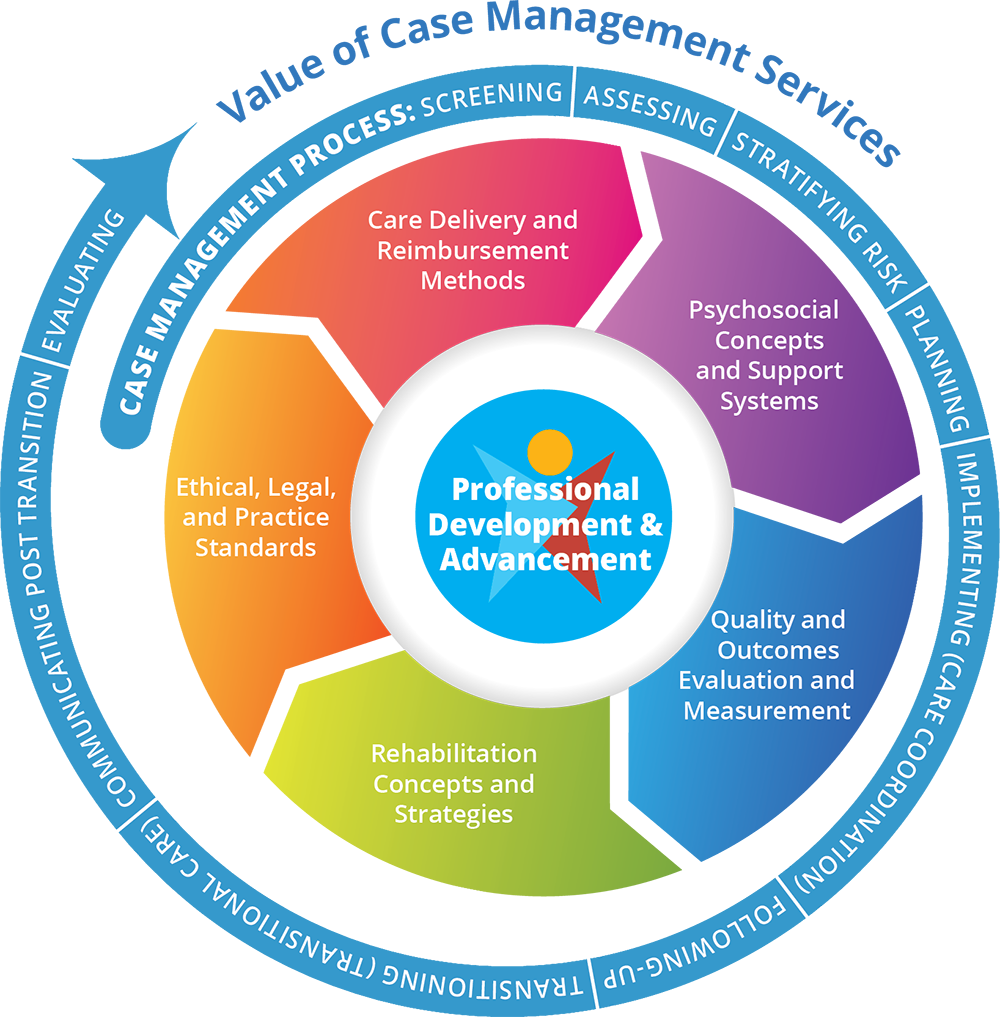There is no cure for COPD, but there are medications used to reduce symptoms, reduce the frequency and severity of exacerbations, and improve exercise tolerance and health status.
The different classes of COPD medication include:
Bronchodilator Medications
These medicines increase FEV1. They act by altering airway muscle tone and tend to improve exercise performance. Bronchodilators are most often given on a regular basis to prevent or reduce symptoms.
There are 2 different classes of bronchodilators:
- Beta2-agonists relax the airway muscle. They can either be short-acting beta2-agonists (SABAs), lasting about 4 to 6 hours and used only when needed for quick relief, and long-acting beta agonists (LABAs), which last 12 hours or more
- Anticholinergics are drugs that stop the airways from tightening and clear mucus away from the lungs. The combination of airway relaxation and mucus clearing with anticholinergics allows patients to cough out mucus more easily, providing needed relief
Inhaled Corticosteroids (ICS)
These anti-inflammatory medicines reduce swelling and mucus production in the airways, making it easier for the patient to breathe. They may be combined with a long-acting beta agonist to improve lung function, health status, and number of exacerbations.
Combination Medicines
Some medicines combine 2 different types of medicines in the same inhaler. Common examples of drug combinations are a SABA and a short-acting anticholinergic, a LABA and an inhaled corticosteroid, or a long-acting beta2 agonist and a long-acting anticholinergic. Some of these combination medicines may increase the degree of bronchodilation with a lower risk of side effects compared to increasing the dose of a single bronchodilator
Oral Corticosteroids
These medications are used during a COPD exacerbation. They are used for the very short time to improve lung function and decrease recovery time.
Antibiotics
Patients sometimes have flare-ups caused by bacterial or viral infections. Antibiotics treat bacterial infections and prevent them from getting
worse. Antibiotics may also reduce the risk of exacerbations in patients prone to exacerbations.
Phosphodiesterase-4 (PDE4) Inhibitors
The principal action of PDE4 inhibitors is to reduce inflammation by inhibiting the breakdown of cAMP (cyclic adenosine monophosphate) in the immune cells. The breakdown of cAMP has been associated with COPD. PDE4 inhibitors may reduce moderate and severe exacerbations in patients already being treated with corticosteroids who have chronic bronchitis, severe or very severe COPD, or a history of exacerbations.
Mucolytic Agents
These drugs help thin mucus in the airways. For patients not receiving an ICS, regular treatment with mucolytics may reduce exacerbations and modestly improve health status.
The choice of medication within each of the above medication classes should be individualized to each patient. It should be based on the patients’ current symptoms and future exacerbation risk. The expected clinical response should be balanced with side effects. The management strategies are not limited to pharmacologic treatments and should also include appropriate non pharmacologic intervention.
Other treatment options for severe COPD include:
Oxygen Therapy
For patients with very severe COPD who have low levels of oxygen in their blood, extra oxygen may be given via a mask or nasal cannula. The extra oxygen may help you to do more activities with fewer symptom, sleep better, or live longer.
Surgery
Surgery is a last resort for people with severe COPD symptoms that have not improved with medications. Surgical procedures for severe COPD include:
- Bullectomy. When the walls of the air sacs are destroyed, larger air spaces called bullae form. They can become so large that they need to be removed
- Lung volume reduction surgery (LVRS). Damaged tissue is removed from the lungs
- Lung transplant. A damaged lung is removed and replaced with a healthy lung from a deceased donor
Next page: Medication Administration for COPD, Asthma, and Severe Asthma

